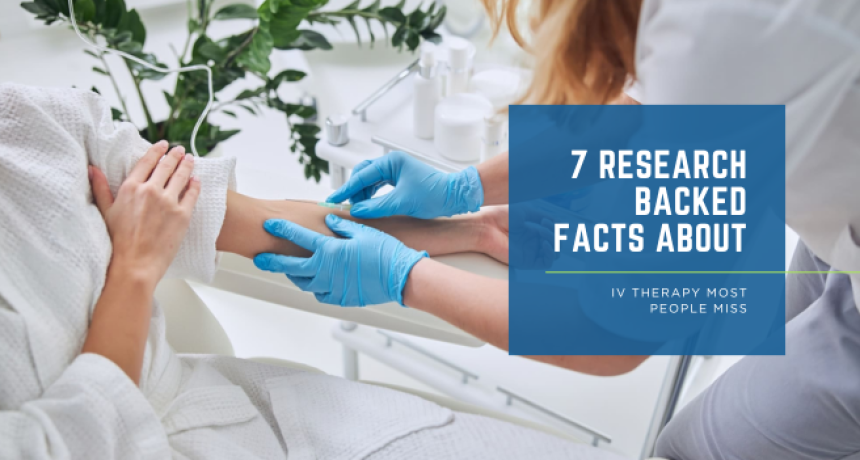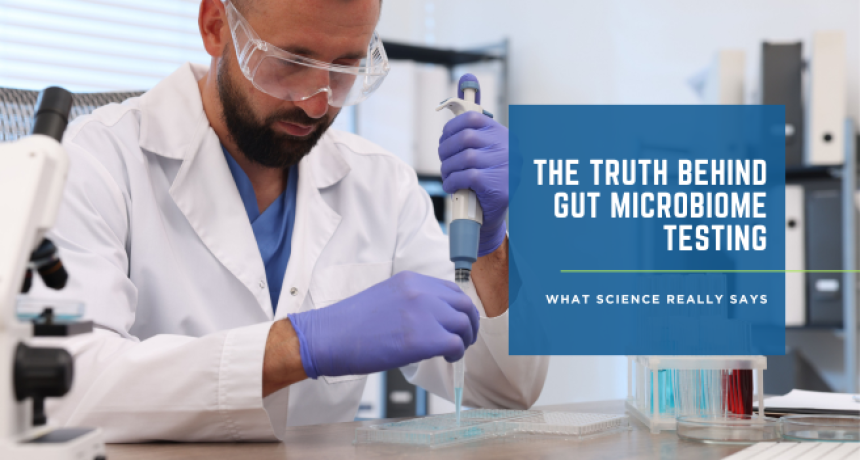Effective Prevention of Kidney Stones (Renal Calculi): Causes, Diet, and Strategies
2025-05-22 Kidney stones can be intensely painful — and surprisingly common. In India, up to 12% of the population is affected by kidney stones, with recurrence rates as high as 50% within five years if preventive measures aren't taken (Indian Journal of Urology, 2021). Stones develop when minerals and salts in the urine crystallize, often due to dehydration, imbalanced diet, or metabolic abnormalities. While stones vary in size and type, prevention largely follows the same principle: maintaining kidney-friendly habits daily. At L&B Clinic, we offer a non-surgical, medicine-based protocol for kidney stone treatment using an integrative approach. This blog focuses on how to prevent stones from forming in the first place — through hydration, diet, and clinically sound lifestyle strategies. Kidney stones are typically made of: Calcium oxalate (most common) Uric acid Struvite (infection-related) Cystine (rare genetic type) Low fluid intake (concentrated urine) High salt or protein intake Excessive intake of oxalate-rich foods (spinach, beets, nuts) Genetic predisposition Sedentary lifestyle Metabolic conditions (e.g., gout, hyperparathyroidism) Dr. Deepika Krishna notes: History of kidney stones (even once) Family history of stones Frequent UTIs Diet high in salt, animal protein, or processed foods Low urine output or dark-colored urine Unexplained flank pain or blood in urine Early detection through urine tests, imaging, and metabolic workups is essential in high-risk individuals. Drinking enough water is the simplest and most effective strategy for preventing all types of kidney stones. Aim for 2.5 to 3 liters of fluid intake per day (more if in hot climates or physically active) Monitor urine color — pale yellow is ideal Coconut water and lemon-infused water are excellent choices Limit sugary sodas and caffeinated beverages Citrate in lemons and oranges binds with calcium in the urine, reducing stone formation. Important: Individual plans must be tailored based on stone type, metabolic profile, and kidney function. While food-first is ideal, certain supplements may be helpful under medical guidance: Magnesium citrate – may prevent calcium oxalate stone formation Vitamin B6 – helps reduce oxalate production Potassium citrate – increases urinary citrate levels Shilajit and Punarnava (Ayurvedic herbs) – traditionally used to support kidney detoxification and urinary flow Varuna bark extract – known to help in dissolving stone-forming crystals (used in integrative protocols at L&B) All supplements should be taken only under supervision, especially in patients with altered kidney function. Avoid long gaps between meals Limit alcohol and soft drinks Exercise regularly to improve calcium metabolism Avoid unnecessary calcium or vitamin D supplements Don’t ignore symptoms like burning urination or side pain L&B Clinic offers painless, medicine-based protocols for kidney stone treatment in Delhi, without surgery or hospitalization. Our integrative method includes: Ultrasound-based diagnosis and follow-up Customized herbal-medical stone dissolution plans Hydration and dietary correction Lifestyle tracking and stone-type-specific planning Prevention education to reduce recurrence risk Most stones up to 7mm can be effectively managed with consistent, doctor-supervised herbal and functional medicine protocols. It helps significantly by diluting the urine, making it harder for crystals to form — especially for calcium and uric acid stones. Yes, family history increases your risk, but lifestyle can still strongly influence whether stones form. In moderation. If you’ve had calcium oxalate stones, your intake of oxalate-rich foods may need adjustment. Not directly, but its citrate content helps prevent stone formation by binding calcium. No. Many stones — especially small ones — can be dissolved or passed naturally with holistic, supervised care. Kidney stones are preventable — but only if you take early, informed steps. The key lies in hydration, balanced diet, targeted supplementation, and understanding your unique risk factors. At L&B Clinic, we offer non-surgical, integrative treatments for kidney stones along with preventive care plans to keep your kidneys healthy for the long run. 📍 Book a kidney stone consultation 💧 Start your personalized hydration and nutrition plan 🌿 Explore Ayurvedic-integrative support for safe, pain-free stone relief Medically Reviewed by: Dr. Deepika Krishna, Founder, L&B Clinic Indian Journal of Urology (2021). Kidney Stone Prevalence and Recurrence in South Asia National Kidney Foundation (2023). Preventing Kidney Stones Mayo Clinic (2023). Dietary Guidelines for Kidney Stone Prevention Coe FL, Evan A, Worcester E. (2018). Kidney Stone Disease: Etiology and Management. New England Journal of Medicine NIN-ICMR India (2020). Clinical Nutrition for Renal HealthIntroduction
What Causes Kidney Stones?
Common Causes:
“Stones often form silently over months or years. Prevention is less about restriction, more about balance and awareness.”Signs You Might Be at Risk
Hydration: Your First Line of Defense
Hydration Guidelines:
Dietary Strategies to Prevent Kidney Stones
Supplements and Natural Support

Lifestyle Habits That Support Stone Prevention
L&B Clinic’s Approach: Holistic, Non-Surgical Kidney Stone Management
FAQs On Preventing Kidney Stones
1. Can drinking more water really prevent all stones?
2. Are kidney stones genetic?
3. Can I still eat spinach and nuts?
4. Does lemon juice dissolve kidney stones?
5. Do I need surgery for every kidney stone?
Final Word
References
.png)















